Wondering If You’re An Ideal Candidate For The Roux en Y Gastric Bypass?

The Laparoscopic Roux en Y Gastric Bypass and Sleeve Gastrectomy procedures were the 2 most commonly performed bariatric surgeries back in 2018.
Today, I’d like to educate you on the routine work-up for the gastric bypass procedure.

The guidelines discussed below are from the 2021 ASMBS Pre-operative Care Pathway. ASMBS is the national bariatric organization and stands for American Society for Metabolic and Bariatric Surgery.
Specifically, I wanted to share:
- What routine lab work is typically required
- Which kinds of additional testing and evaluations you may need
- Any pre-operative consults you may have to see
- The overall decision-making process of choosing the gastric bypass procedure
- What weight loss, diet, and lifestyle are required prior to surgery.
Routine Lab Work
Prior to surgery, you will need to have blood work drawn to monitor your blood levels, fasting glucose (sugar) levels, hemoglobin A1c (average sugar levels), liver enzymes, thyroid levels, vitamin D, and will be asked to complete a pregnancy test (of course, for the ladies only, right before surgery).
Selective Lab Work
Your surgical team may also have you complete a fasting lipid panel (ie: triglycerides, cholesterol, LDL, HDL), micronutrient labs, a stool sample, nicotine test, stress hormone labs, urinalysis, and a blood panel (before surgery).
Comorbidity Testing & Evaluation
Routinely, you will be screened for sleep apnea and have a sleep study performed as needed
Your team will also ask you age appropriate cancer screening questions (ie: prostate, colon, cervical, breast) similar to what your Primary Care Provider asks regularly at your annual preventive visits.
You will carefully be evaluated for risk factors related to cardiovascular disease.
In addition, the duration of blood thinning medications that will be required for use after surgery will depend on your overall personal risk of developing blood clots.
Selective Imaging / Procedure Work
Additionally, your Surgical team may ask you to have an EKG, chest X-ray, sleep study, EGD (upper intestinal scope), upper GI series (X-ray images), manometry / pH testing (esophagus study), abdominal ultrasound, colonoscopy, and/or a DEXA scan (bone density study).
Procedure Decision-Making
The decision to choose the Gastric Bypass over the Sleeve Gastrectomy takes into consideration your entire health and well-being. The surgeon will factor in the surgical risks and benefits of each procedure, as well as your own personal preference.
If you have Type 2 Diabetes, high blood pressure, high lipid levels (ie: triglycerides, LDL, cholesterol etc.), and reflux, then the gastric bypass is typically preferred over the sleeve gastrectomy.
Other variables can sway your surgical team to choose a different procedure, such as age (old/young), inflammatory bowel disease, if you are a transplant candidate or recipient, if you have to take high-dose aspirin every day, and/or if you need to be on long-term steroids or immunosuppressive therapy.
Consults Before Surgery
Prior to surgery, you will need to additionally meet with a behavioral health specialist and a registered dietitian nutritionist.
Your Team may also want you to meet with any of the following: Anesthesiologist, a Bariatric Medicine physician, cardiologist (heart), endocrinologist (hormones), gastroenterologist (intestines), hematologist (blood), nephrologist (kidneys), pain management, pharmacist, pulmonologist, orthopedist, neurologist, infectious disease specialist, rheumatologist, and/or urologist.
Weight Loss, Diet, & Lifestyle Requirements
The 2021 ASMBS guidelines recommend a high-protein liquid diet 2 weeks before surgery for those with a BMI (body mass index) > 40 or > 35 with weight-related co-morbidities (ie: blood pressure, diabetes, sleep apnea etc.).
The high-protein liquid diet is designed to help reduce the size of the liver prior to your surgery.
It is very important to stop smoking > 6 weeks before surgery and ideally long-term after surgery. Smoking increases the risk of morbidity and mortality from surgery and can contribute to ulcers forming at the surgical sites inside your body. It can also make things very challenging to heal.
Smoking cessation also includes vaping, e-cigarettes, marijuana, and nicotine containing products.
Prior to surgery, you will require a psychosocial health evaluation in order to screen for alcohol and substance abuse. If you are currently struggling with alcohol or other substances, you will need to have a formal mental health evaluation before surgery.
Selective Guidelines
Preoperative weight loss is not routinely required. However, if your BMI is > 50 or if you have Type 2 Diabetes, weight loss before surgery can help make the surgery a little easier for the surgeon and can also help with tighter blood sugar control, respectively.
Medical Disclaimer: All information from Banana Bariatrics, LLC is created and published online for informational purposes only. It is not intended to be a substitute for professional medical advice and should not be relied on as health or personal advice. Should you have a question, please be sure to speak directly with your surgical team. Thank you!
If you’re looking for mentorship and partnership with others on a similar weight loss surgery journey as you, come on in and join our membership support group Banana Bariatrics! We have all sorts of members inside- from those who have had surgery > 10 years ago, to brand new patients, to everyone in-between.
Share with others:
JOIN OUR COMMUNITY:

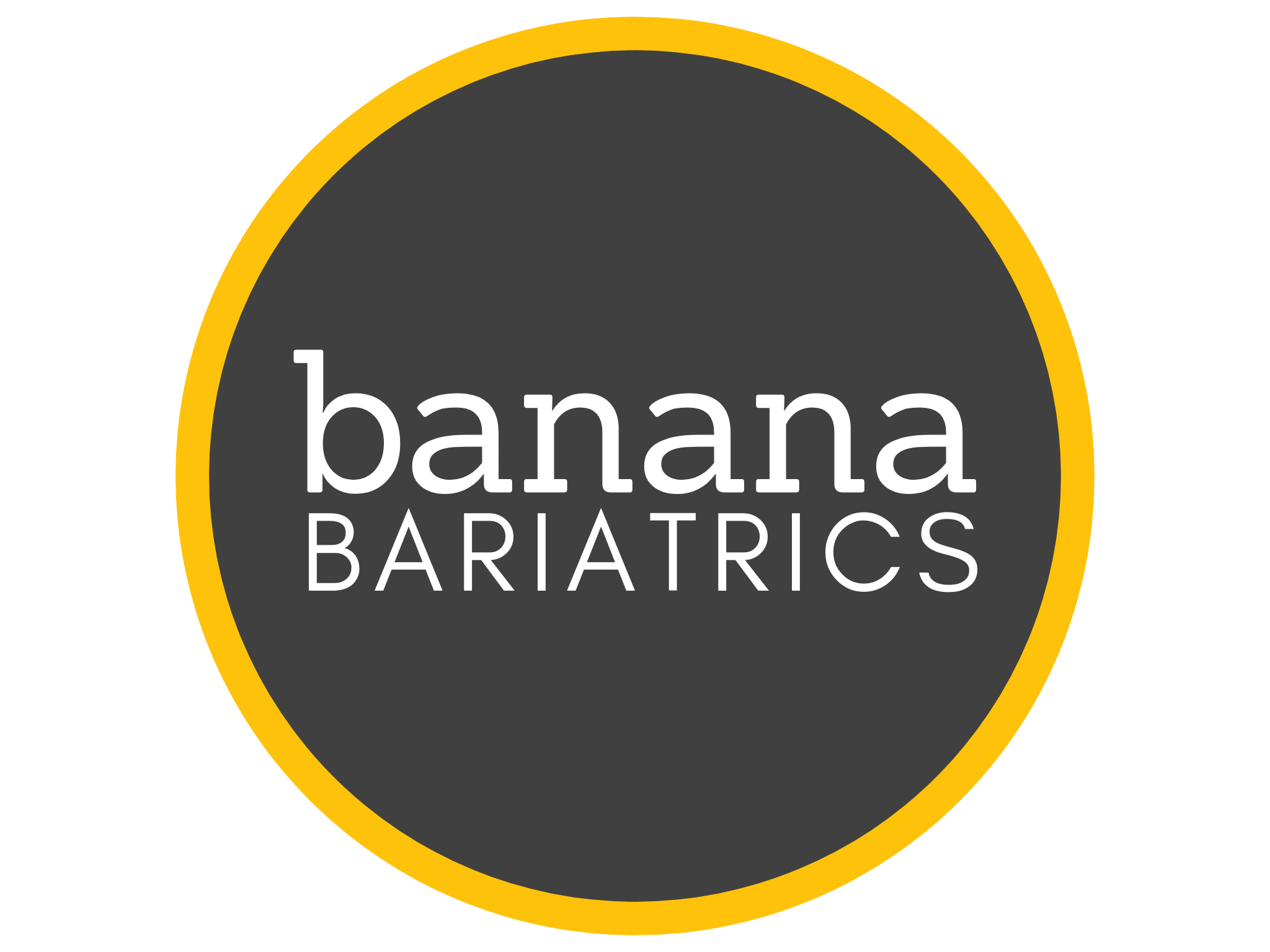
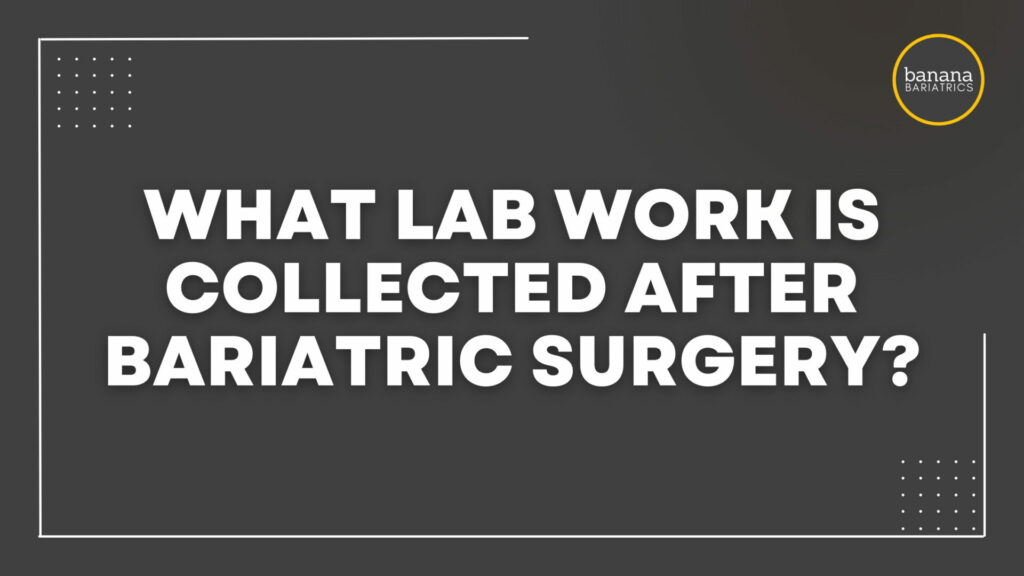
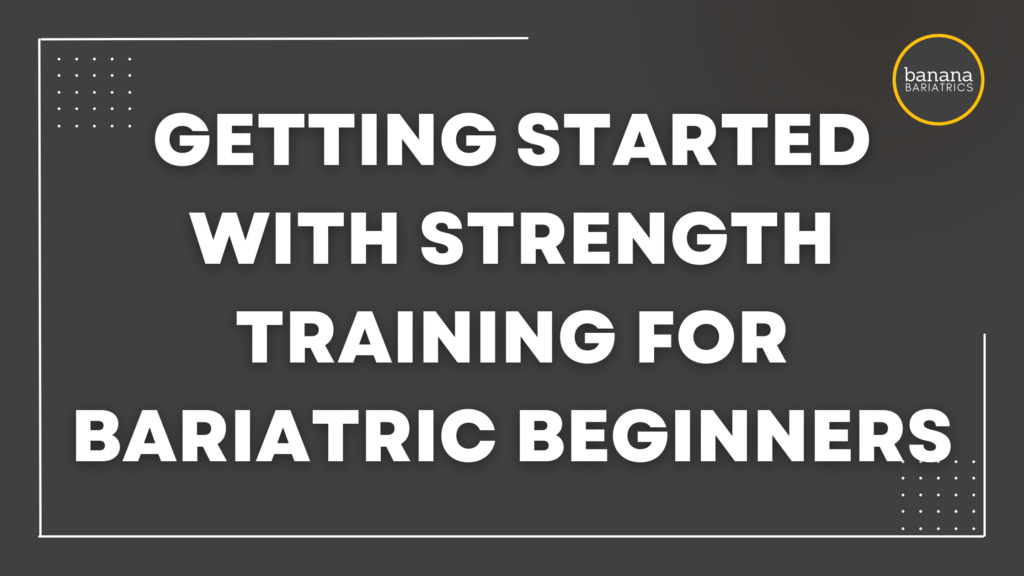
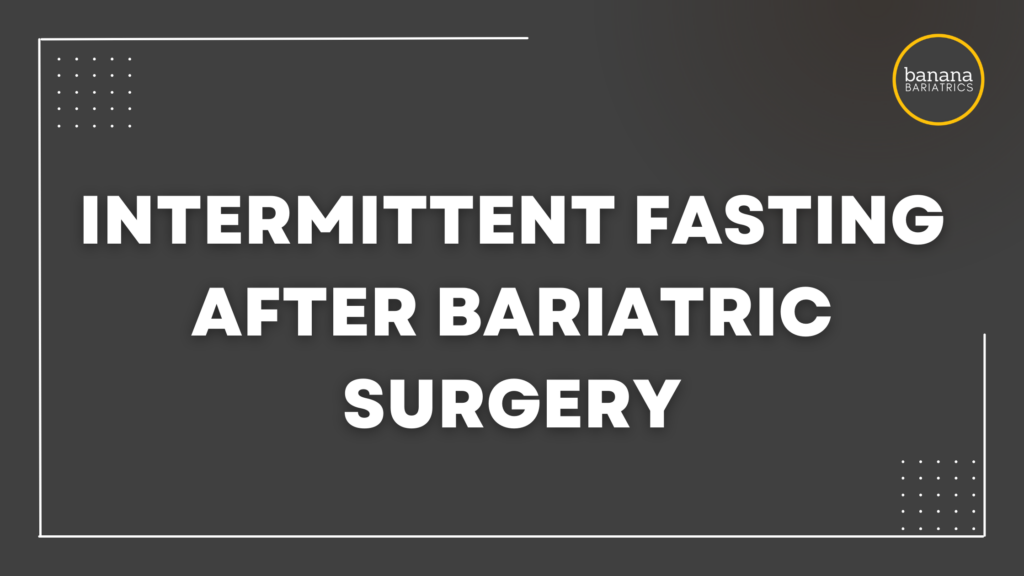
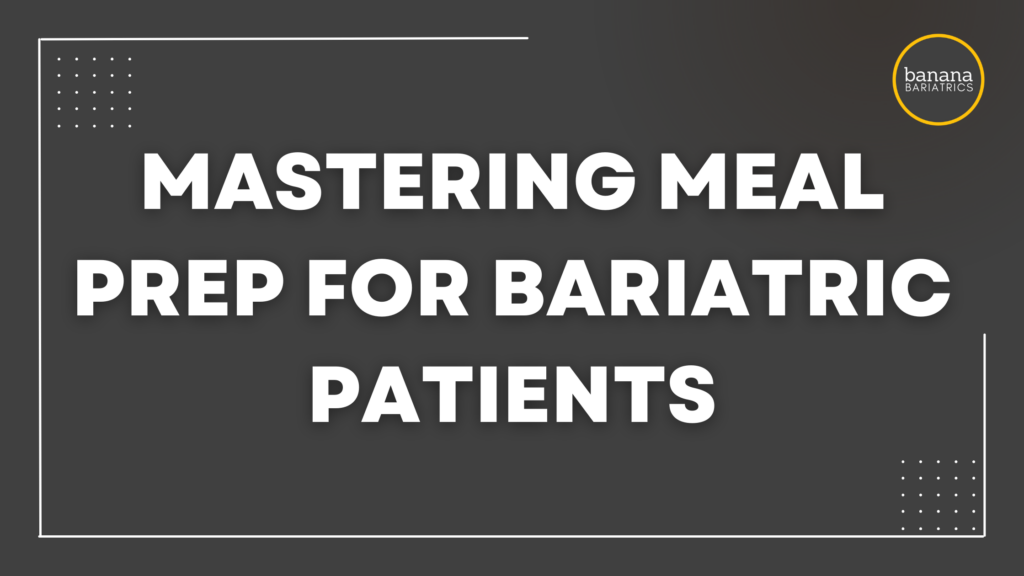
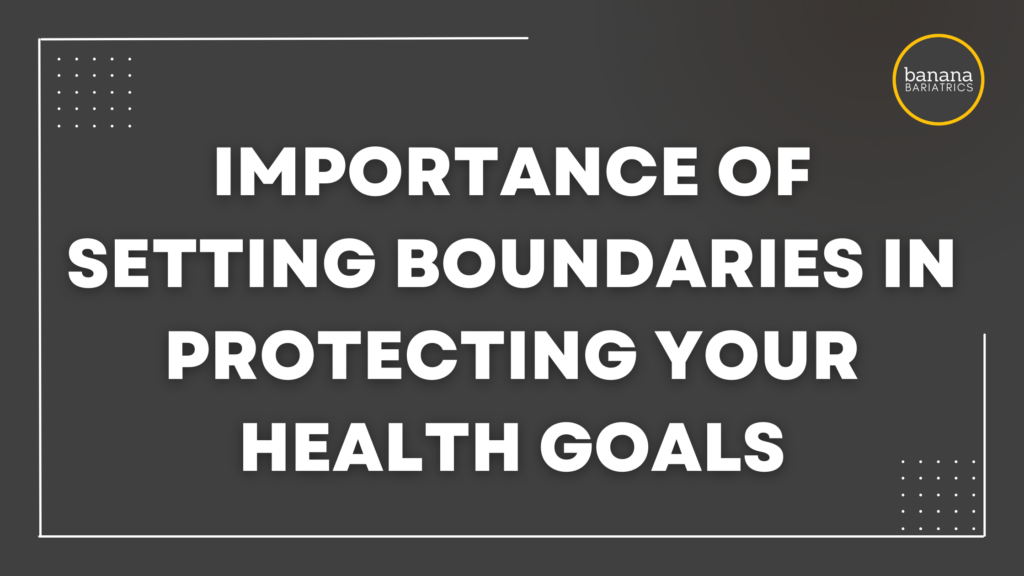
Responses